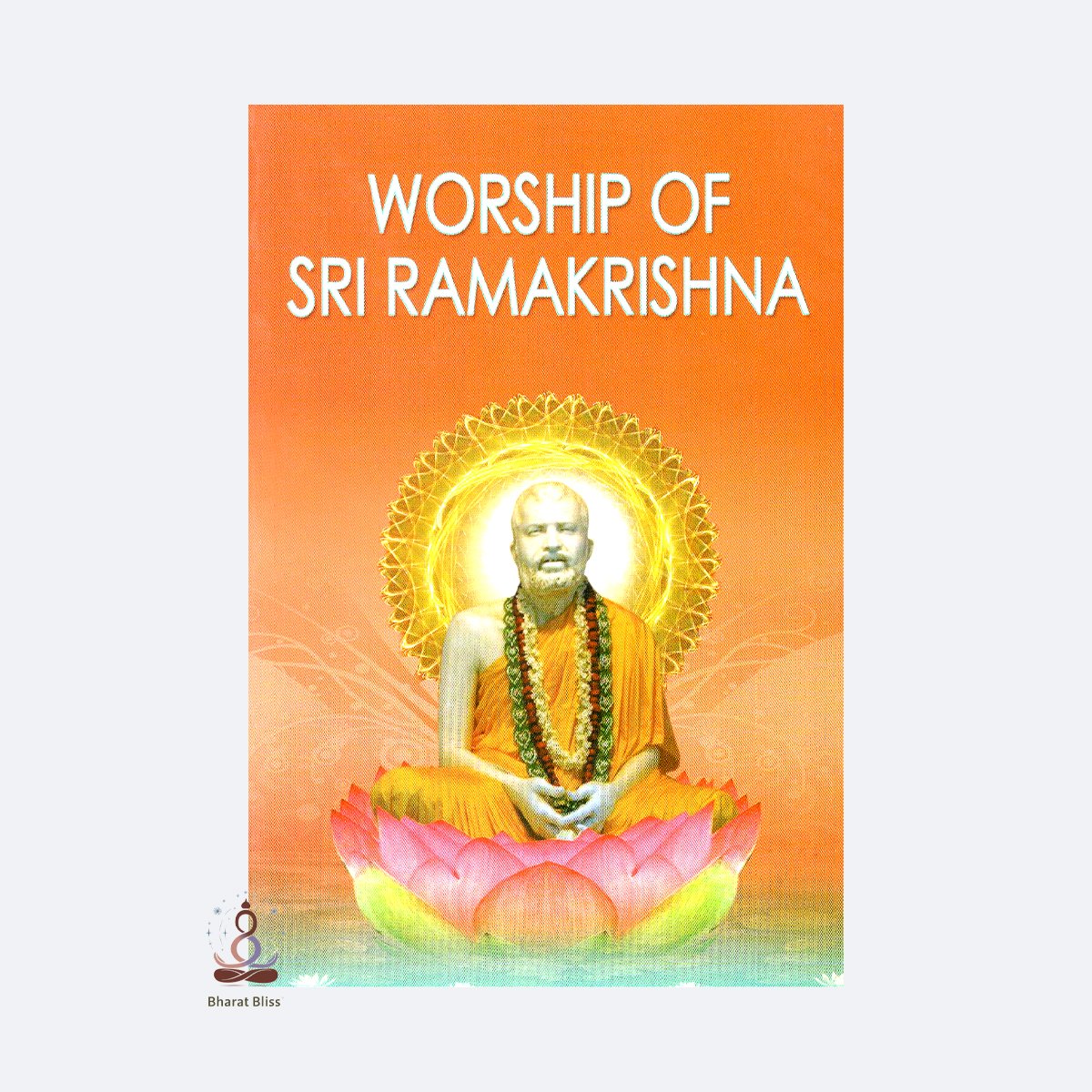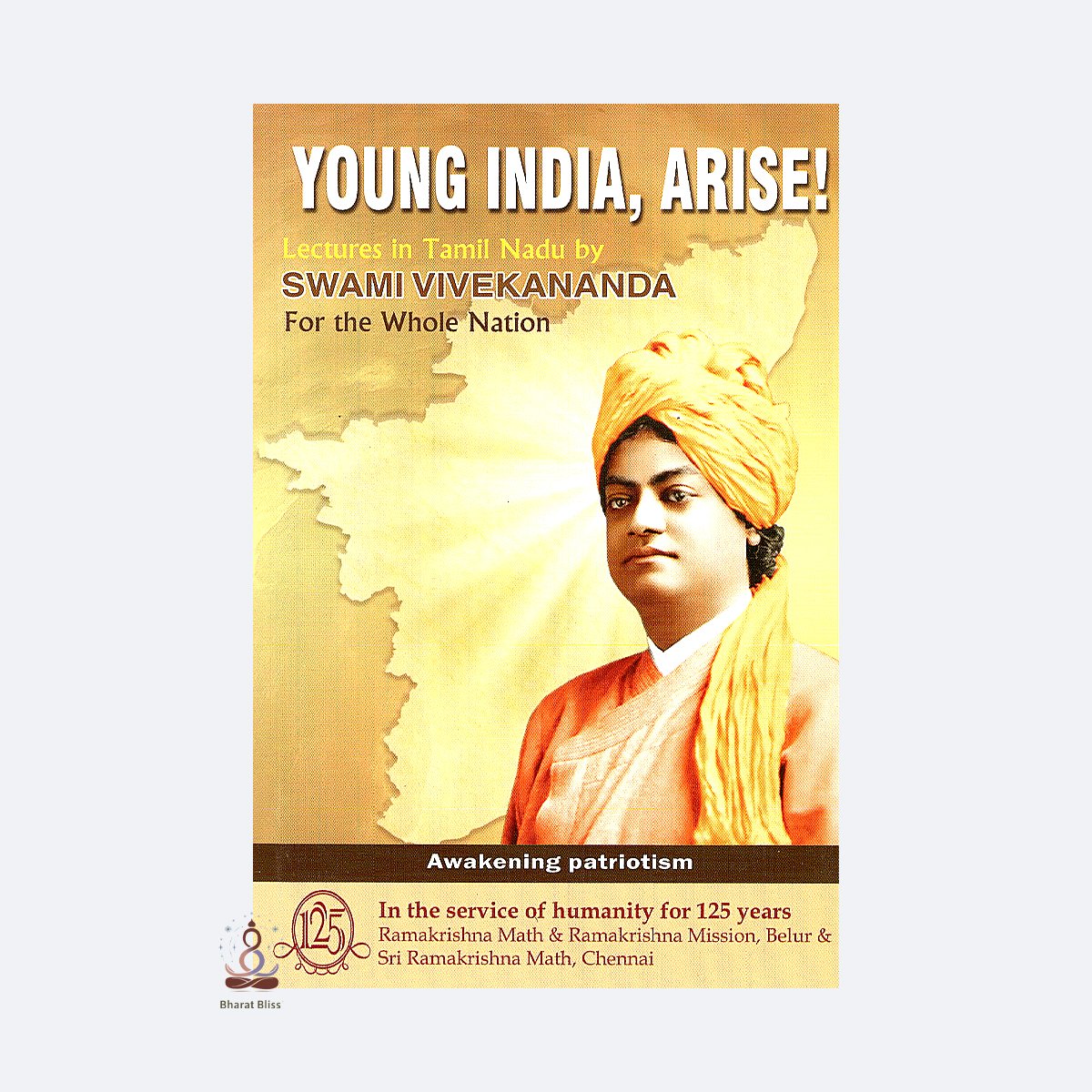Description
Hindu Dharma
Hindu Dharma, also known as Sanatana Dharma, is one of the oldest living religions in the world. Originating in the Indian subcontinent, it is a complex, diverse, and deeply philosophical spiritual tradition that has evolved over thousands of years.
Key Features of Hindu Dharma:
-
Diversity of Beliefs: Hinduism does not have a single founder, single scripture, or a rigid set of beliefs. It includes a wide range of practices and philosophies—from monotheism, polytheism, and pantheism to atheism and agnosticism.
-
Core Scriptures:
-
Vedas – The oldest and most authoritative texts.
-
Upanishads – Philosophical teachings on the nature of reality.
-
Bhagavad Gita – A sacred dialogue between Lord Krishna and Arjuna.
-
Ramayana and Mahabharata – Epic stories teaching moral and spiritual values.
-
Puranas – Narratives of gods, goddesses, and cosmic cycles.
-
-
Concepts of God: Hindu Dharma embraces the worship of many deities such as Brahma (the creator), Vishnu (the preserver), Shiva (the destroyer), Lakshmi (goddess of wealth), Saraswati (goddess of wisdom), and many more. However, it ultimately recognizes a supreme reality (Brahman) beyond all forms.
-
Dharma: Dharma means righteousness, moral values, and duties. Each individual is encouraged to follow their own dharma based on age, occupation, and stage of life.
-
Karma and Rebirth: Hinduism teaches that every action has consequences (karma), and this affects one’s cycle of birth and rebirth (samsara). Liberation from this cycle is called moksha.
-
Paths to Liberation (Moksha):
-
Bhakti Yoga (Path of devotion)
-
Karma Yoga (Path of action)
-
Jnana Yoga (Path of knowledge)
-
Raja Yoga (Path of meditation)
-
-
Respect for All Life: Hindus believe in ahimsa (non-violence) and see all living beings as sacred. This is why many Hindus follow vegetarianism and promote compassion toward all creatures.
-
Festivals and Worship: Hindu Dharma celebrates numerous festivals such as Diwali, Holi, Navaratri, Janmashtami, Ram Navami, etc. Worship (puja) is often done at home or in temples, with rituals, prayers, and offerings













Reviews
There are no reviews yet.